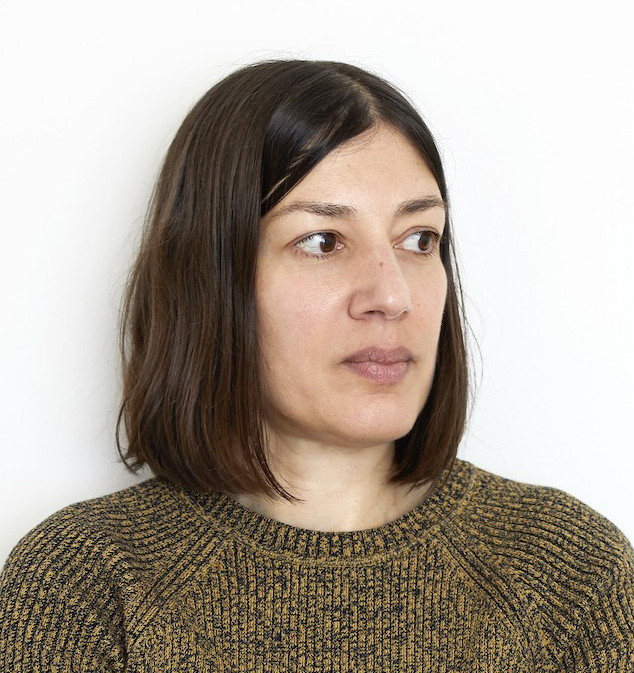Meet Forensic Architecture, the architectural nominees of the 2018 Turner Prize shortlist
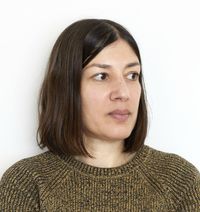
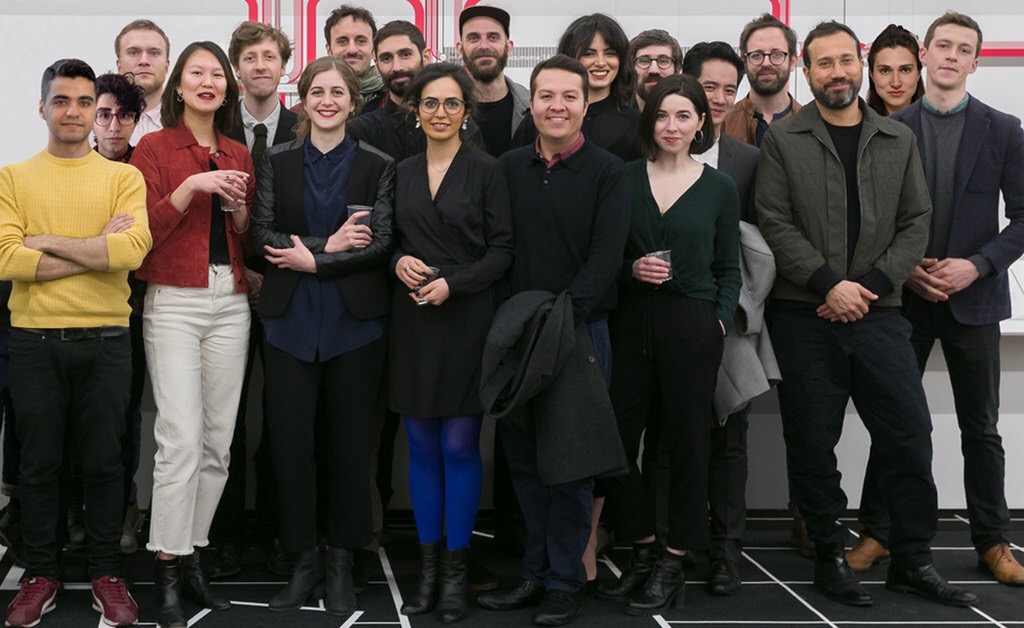
Receive our daily digest of inspiration, escapism and design stories from around the world direct to your inbox.
You are now subscribed
Your newsletter sign-up was successful
Want to add more newsletters?

Daily (Mon-Sun)
Daily Digest
Sign up for global news and reviews, a Wallpaper* take on architecture, design, art & culture, fashion & beauty, travel, tech, watches & jewellery and more.

Monthly, coming soon
The Rundown
A design-minded take on the world of style from Wallpaper* fashion features editor Jack Moss, from global runway shows to insider news and emerging trends.

Monthly, coming soon
The Design File
A closer look at the people and places shaping design, from inspiring interiors to exceptional products, in an expert edit by Wallpaper* global design director Hugo Macdonald.
A recent, major exhibition at the ICA brought the work of Forensic Architecture to a wider audience; and today’s 2018 Turner Prize shortlist announcement confirmed it – Eyal Weizman and his team are onto something big. From their academic base at Goldsmiths, University of London, Forensic Architecture brings together a captivating mix of research, spatial studies, design and politics that made it to the shortlist of one of the world’s most coveted art accolades.
A 15-strong collective, the Forensic Architecture team consists of architects, artists and a variety of other disciplines, such as filmmakers, software developers, archaeologists, lawyers, journalists. Their investigations delve into how a building, or a space, can reveal clues that can be uncovered; in the same way a criminal pathologist examines a body to determine cause of death. Their innovative ways of design and image reading and analysis allow for a different way of documenting and preserving buildings and history. The practice’s explorations reach far and wide, including sites and events in Germany, Greece and Israel.
‘The jury praised Forensic Architecture for developing highly innovative methods for sourcing and visualising evidence relating to human rights abuses around the world, used in courts of law as well as exhibitions of art and architecture’, explains Tate Britain, in an earlier announcement.
This is not the first time the Turner Prize turns its attentions to architecture; Assemble’s 2015 win was the first similar case, paving the way for further nominations from the field.
The ICA show, ‘Counter Investigations: Forensic Architecture’, preceded by a participation at the prestigious Documenta 14 art exhibition in Athens, gave the Turner jury enough reason to nominate the ground-breaking team, but their work is far from over. Coming up this September, Forensic Architecture will represent the UK in the second edition of London’s Design Biennale at Somerset House. The team ‘will support and train members of the Yazidi people to collect, document and preserve evidence of destruction, genocide and enslavement perpetrated by Daesh (Islamic State) against the Yazda’, explain the organisers.
The 2018 Turner Prize winner will be announced during a dedicated ceremony in December. 'Exhibitions are important forums for making public crucial evidence of human rights violations and their production is an opportunity to support cases and causes', says Weizman. 'While it is an honour to have been chosen by such an important cultural institution as the V&A to represent the UK at the London Design Biennale, and to be recognised as a nominee for the 2018 Turner Prize, it is also a great responsibility to use these opportunities to best serve our investigations and those most affected by the human rights issues therein.'
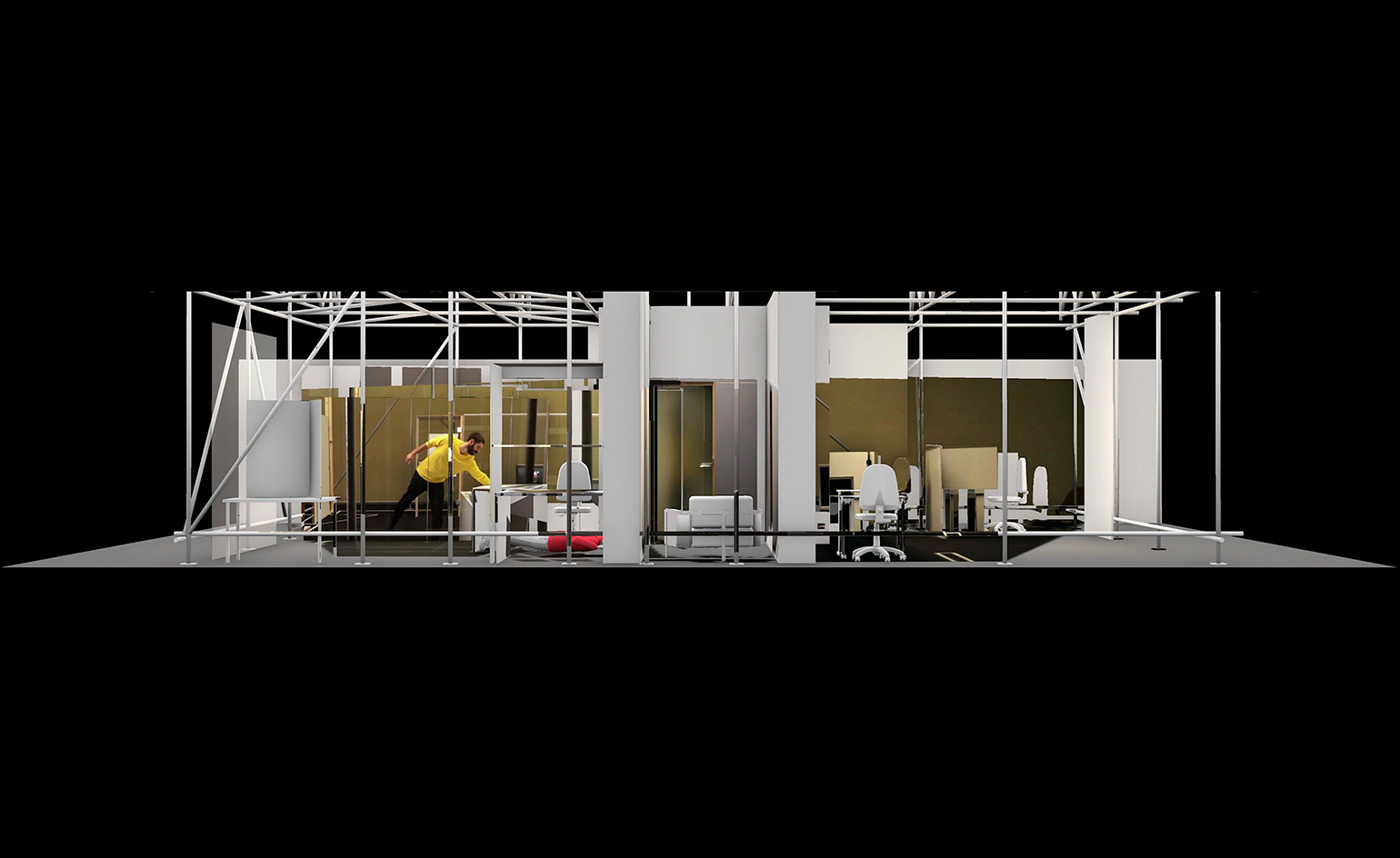
Forensic Architecture’s reconstruction of the site of Halit Yozgat’s murder by a member of the neo-Nazi group, the National Socialist Underground. 2017
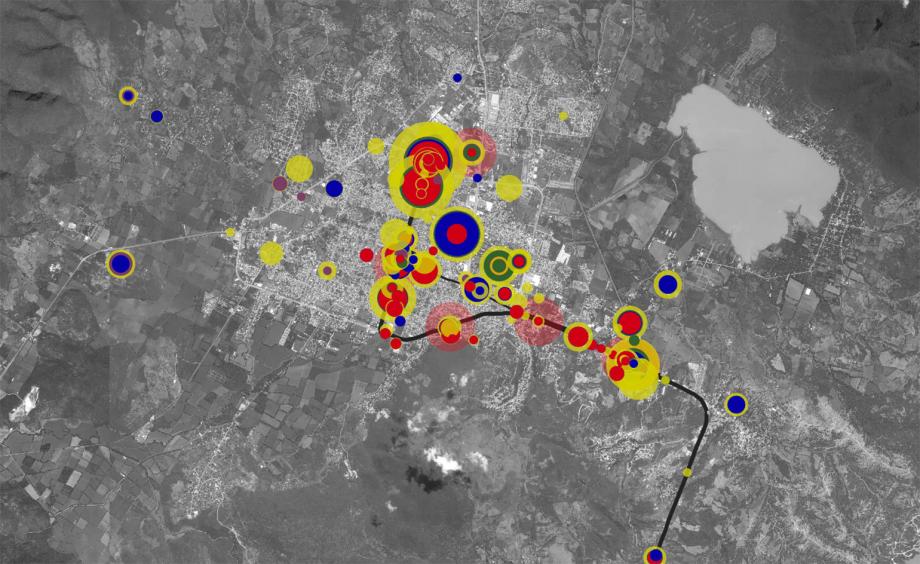
The studio’s Ayotzinapa online platform explores the events surrounding the disappearance of 43 students in the town of Iguala, Mexico, in 2014. 2017
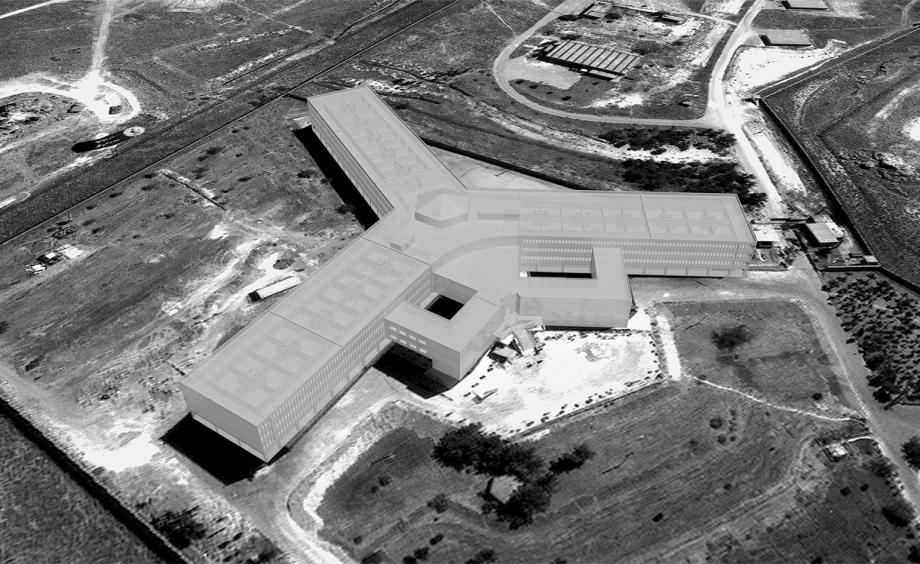
Forensic Architecture’s 3D model of Saydnaya prison in Syria by Forensic Architecture, informed by the memories of survivors. 2016
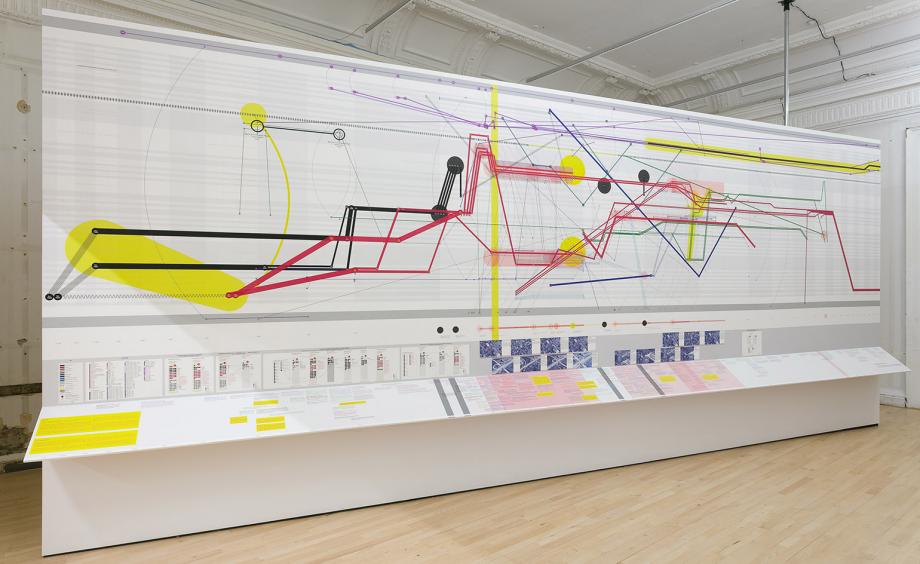
The Goldsmiths based practice was featured in an exhibition at the ICA in London earlier in the year.
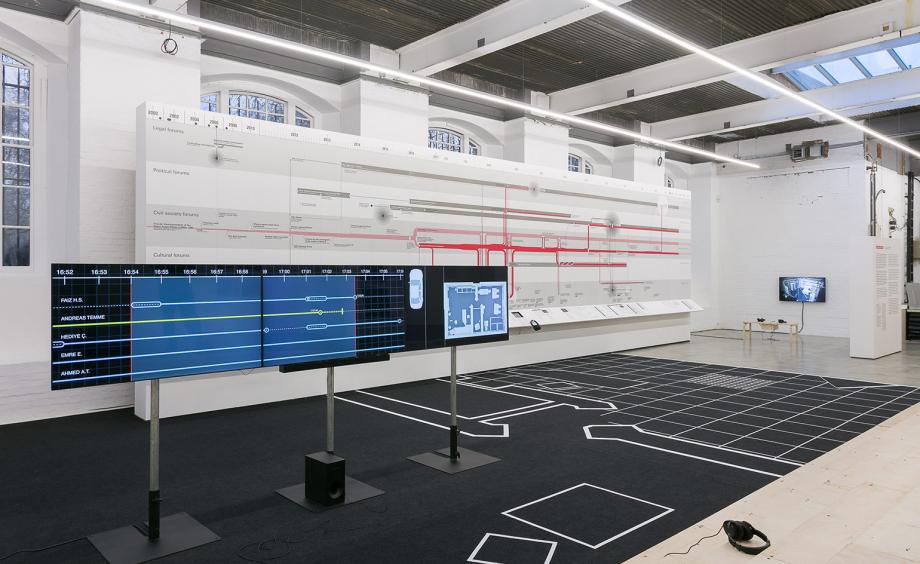
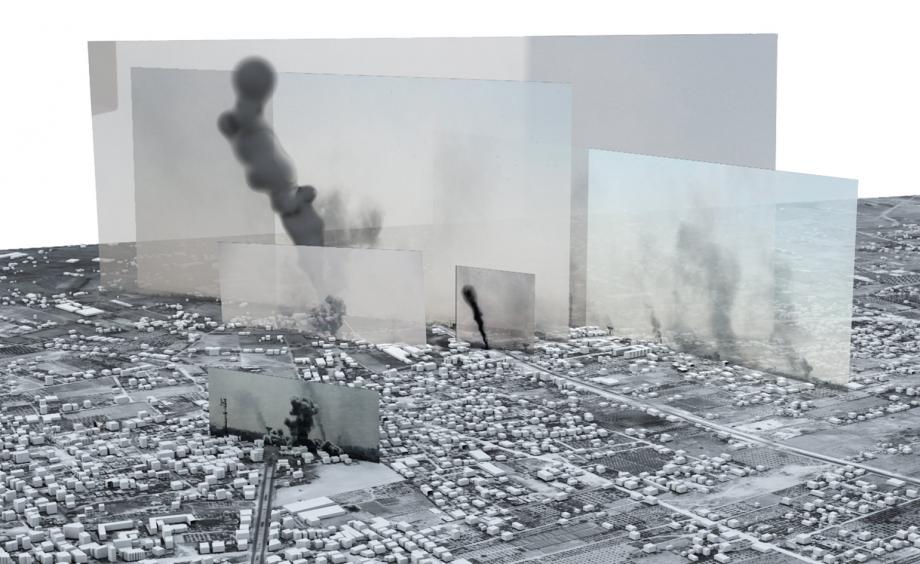
Model of Rafah, Gaza combining images and videos of bombing on 1 August, 2014. 2015
INFORMATION
For more information visit the Forensic Architecture website
Receive our daily digest of inspiration, escapism and design stories from around the world direct to your inbox.
Ellie Stathaki is the Architecture & Environment Director at Wallpaper*. She trained as an architect at the Aristotle University of Thessaloniki in Greece and studied architectural history at the Bartlett in London. Now an established journalist, she has been a member of the Wallpaper* team since 2006, visiting buildings across the globe and interviewing leading architects such as Tadao Ando and Rem Koolhaas. Ellie has also taken part in judging panels, moderated events, curated shows and contributed in books, such as The Contemporary House (Thames & Hudson, 2018), Glenn Sestig Architecture Diary (2020) and House London (2022).
